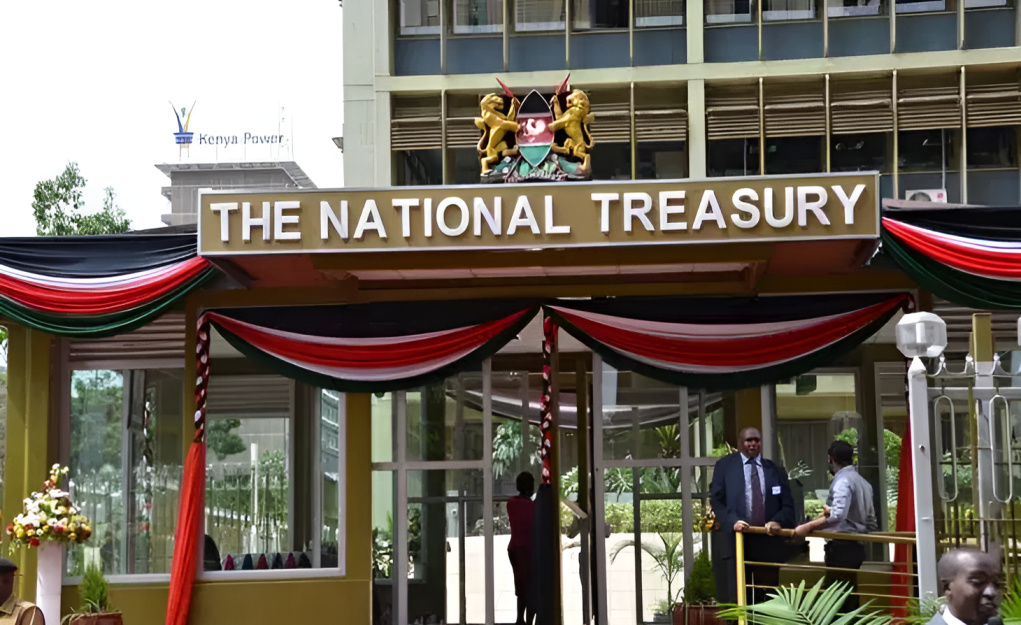Finance Bill 2025 seeks threefold hike in tax on employee welfare benefits

The Treasury has proposed raising the tax rate on fringe benefits by over three-fold, from the current rate to a flat 30%.
The draft Finance Bill, 2025, has introduced a controversial proposal that could drastically affect employers and their welfare benefits programs for employees.
The Treasury has proposed raising the tax rate on fringe benefits by over three-fold, from the current rate to a flat 30%.
This increase is seen as a significant departure from the existing system, where the Kenya Revenue Authority (KRA) sets varying rates based on market conditions and a quarterly review.
If passed, this change could impact both businesses and workers across the country.
Under the new proposal, the fringe benefit tax (FBT) will now be aligned with the corporate tax rate of 30%.
This adjustment reflects a broader effort to streamline tax systems in Kenya, ensuring uniformity between different forms of taxation.
The Treasury argues that such alignment will simplify the tax code and increase revenue collection by bringing fringe benefits in line with corporate tax rates.
However, this shift raises concerns among employers, many of whom have already been grappling with a challenging economic environment.
The steep increase in tax on welfare benefits could force businesses to reconsider or scale back the non-monetary perks they offer employees.
Fringe benefits, such as company cars, housing allowances, and health coverage, are seen as essential tools for attracting and retaining talent, but the new tax burden might make these benefits less affordable for employers.
Moreover, critics argue that this increase could disproportionately affect small and medium-sized enterprises (SMEs), which have a larger reliance on fringe benefits to compensate for lower salaries.
For SMEs, which often operate on tight margins, the proposed tax hike may lead to difficult decisions about either cutting benefits or passing on the costs to employees, potentially damaging employee morale and productivity.
The Treasury's proposed changes to the fringe benefit tax are part of a broader effort to overhaul Kenya’s tax system.
While the goal is to ensure a fairer and more predictable tax structure, businesses and workers alike will need to carefully assess the impact of this proposal.
As the Finance Bill progresses through the legislative process, stakeholders will likely push for adjustments or clarifications to mitigate any adverse effects on the economy and workforce.
